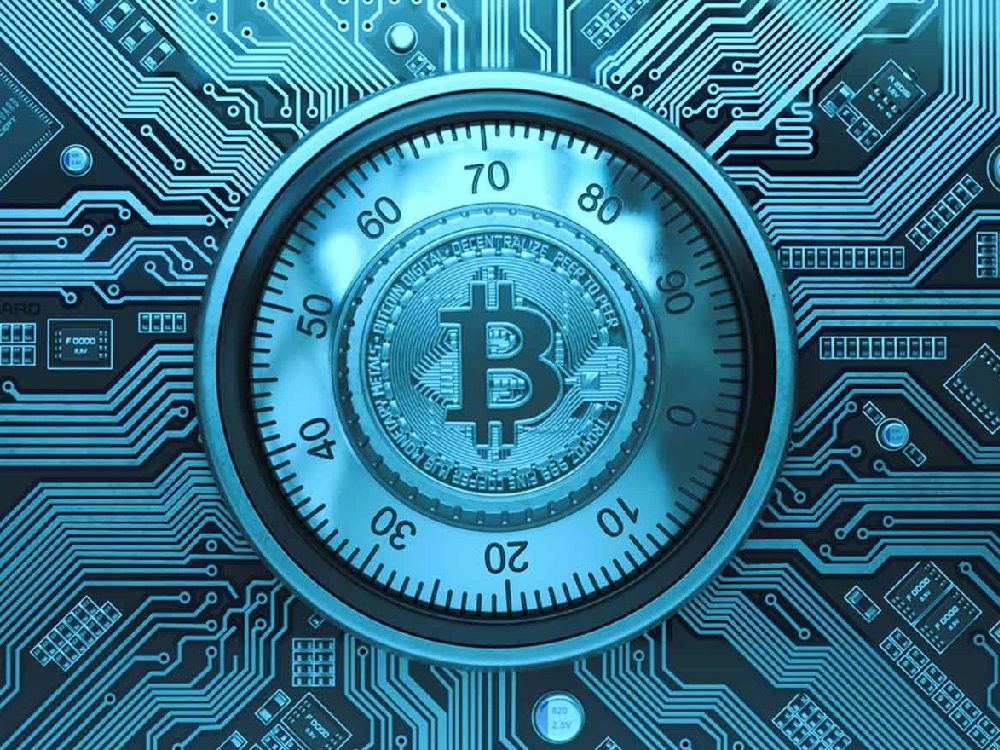In today’s digital age, where data breaches and cyber threats loom large, ensuring the security of sensitive information is paramount. Enter blockchain technology, a revolutionary innovation that has transformed the landscape of security measures. With its decentralized and immutable nature, blockchain has emerged as a game-changer in safeguarding data integrity and privacy. In this blog post, we delve deep into the realm of blockchain and security, exploring how this technology is reshaping the cybersecurity paradigm.
Understanding Blockchain Technology
Before delving into its implications for security, let’s first unravel the fundamentals of blockchain technology. At its core, blockchain is a distributed ledger that records transactions across a network of computers in a secure and transparent manner. Each block in the chain contains a cryptographic hash of the previous block, creating a chronological and unalterable record of transactions.
Enhancing Security through Decentralization
The decentralized nature of blockchain is its defining feature when it comes to security. Unlike traditional centralized systems, where a single point of failure can compromise the entire network, blockchain distributes data across multiple nodes. This means that to tamper with the data, an attacker would need to gain control of the majority of the network, making it virtually impossible to alter records surreptitiously.
Immutable Record-Keeping
One of the key principles of blockchain is immutability. Once a transaction is recorded on the blockchain, it cannot be altered or deleted without consensus from the network participants. This feature ensures that the integrity of data is preserved, making blockchain an ideal solution for industries where data tampering is a significant concern, such as finance, healthcare, and supply chain management.
Cryptographic Security
Blockchain employs advanced cryptographic techniques to secure transactions and ensure the confidentiality of sensitive information. Each participant in the network has a unique cryptographic key pair consisting of a public key and a private key. Transactions are signed using the sender’s private key, and the recipient can verify the authenticity of the transaction using the sender’s public key. This cryptographic security mechanism prevents unauthorized access and protects against fraudulent activities.
Smart Contracts: Automating Security Protocols
Smart contracts are self-executing contracts with the terms of the agreement written into code. These contracts are stored and executed on the blockchain, eliminating the need for intermediaries and streamlining the execution of transactions. From a security standpoint, smart contracts enable the automation of security protocols, ensuring that conditions are met before a transaction is executed. This reduces the risk of fraud and enhances the efficiency of security processes.
Challenges and Considerations
While blockchain technology holds immense promise for enhancing security, it is not without its challenges and considerations. Scalability, interoperability, and regulatory compliance are some of the key hurdles that need to be addressed to realize the full potential of blockchain in the realm of security. Moreover, the proliferation of blockchain-based applications has led to an increased focus on cybersecurity measures to protect against new threats and vulnerabilities.
Future Outlook
Despite these challenges, the future looks promising for blockchain and security. As the technology matures and adoption increases, we can expect to see innovative solutions that address existing limitations and further enhance the security capabilities of blockchain. From identity management to data privacy, blockchain has the potential to revolutionize the way we approach cybersecurity, paving the way for a more secure and resilient digital infrastructure.
In conclusion, blockchain and security are intrinsically linked, with blockchain technology offering a robust framework for safeguarding sensitive information in an increasingly interconnected world. By harnessing the power of decentralization, immutability, and cryptographic security, blockchain is redefining the cybersecurity landscape and laying the foundation for a more secure digital future.

